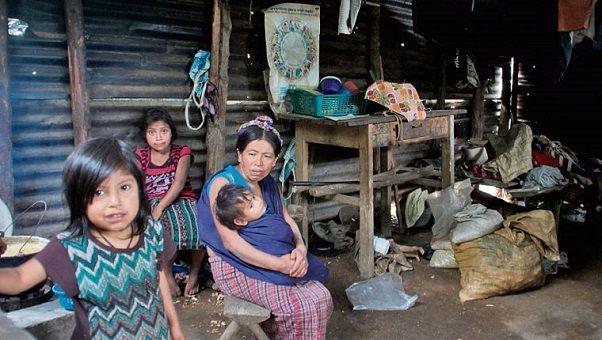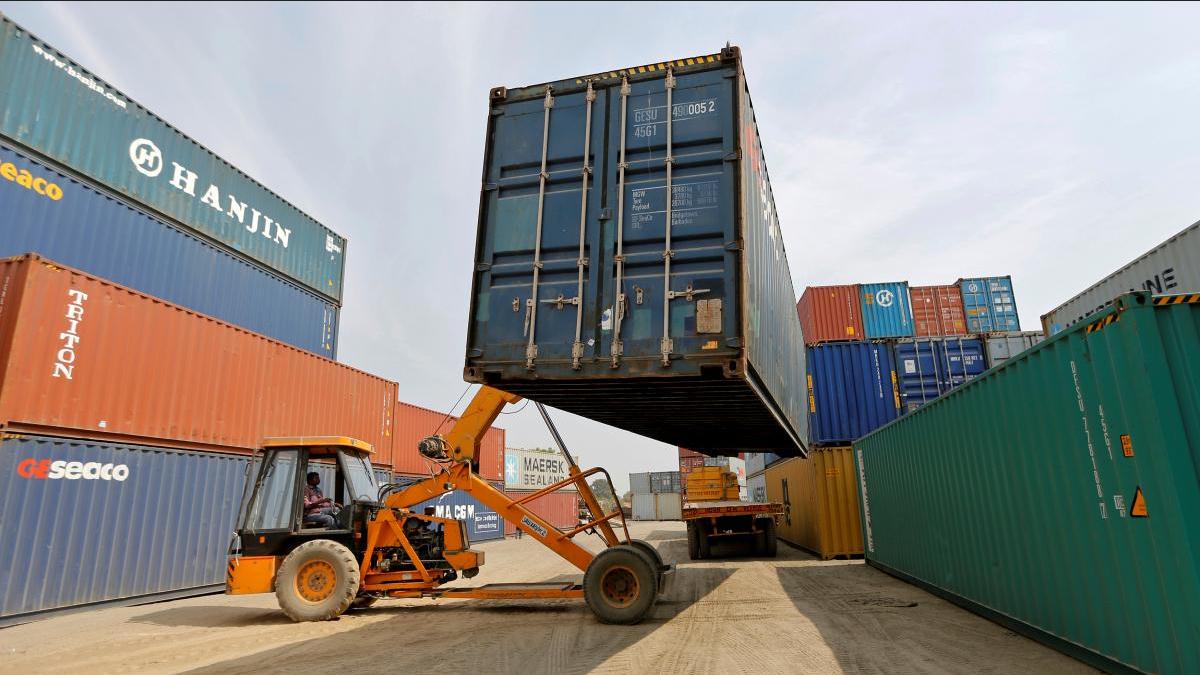The definition of aporophobia involves the recognition of its etymology. This word comes from the Greek a-poros (without resources) = poor and phobos = fear. Consequently, its concept is tied to fear and rejection of people in poverty. On the same level as xenophobia, aporophobia implies a rejection, hostility and aversion to other people for their specific existential condition, in this case poverty.
Reflection on the idea and concept of aporophobia emerged in the 1990s, when the Spanish philosopher Adela Cortina, professor of Ethics and Political Philosophy at the University of Valencia, coined the term to differentiate this attitude from xenophobia, which is fear. and rejection of foreigners, and racism, which is the discrimination of people because of their membership in a certain ethnic group or because of their skin color.
Is it aporophobia or xenophobia?
For Professor Adela Corina, this reflection has special relevance in the current context of globalization, in which the migratory phenomena from North Africa and the Middle East to Europe imply the massive arrival of millions of poor people to countries with a better standard of living and with a higher human development index. Adela Cortina takes into account that unlike migrants from these places, migrants from other nations such as the United States, Australia, Japan and China are received with pleasure and hospitality, since they have resources to offer and spend wisely. immediate advantage in tourism activities, while migrants from countries facing wars and arriving as refugees generally have “nothing to offer,” at least immediately.
In this context, Cortina questions the excessive use given to the word xenophobia, to incorporate foreigners who come in poverty, while wealthy foreigners are received with open arms. For this reason, he considers the arrival of this new concept important to make visible a phenomenon that is not taken into account in which many of us participate without realizing it.
Blaming the poor
Aporophobia as such implies not only a rejection of poor people, but also blaming them for their condition, since it is generally said that people who live like this: “They are poor because they want to, they are lazy, they should get to work.” ”, and this is said without taking into account the political, economic and social circumstances that lead many people to fall into poverty.
In this context, aporophobia is also transmitted socially through unfounded beliefs and myths that indicate that the poor are by nature a criminal, a drug addict, a violent person or socially resentful. All ideas lead to people who face this condition being marginalized and their chances of overcoming poverty being lower.
Economic consequences of aporophobia
As a consequence of this social phenomenon we have several realities that deserve to be taken into account for an economic analysis of inequality and the capacity of nations to achieve better development.
These realities are:
Aporophobia leads to job discrimination, so people with this condition have fewer opportunities to achieve long-term economic progress and escape their condition.
The feeling of aporophobia leads to people thinking that the poor have nothing to offer and are seen as a threat, as a consequence there is no adequate investment in them so that they can overcome their condition and be able to contribute properly to society.
As a consequence of the previous point, the marginalization of poor people from the scenarios of development and economic progress leads to an underuse and waste of the resources and talents that poor people can offer to society. And in this sense, innovations, technological developments, contributions to the GDP and other benefits that society would receive from a complete insertion of these people into the processes of economic development, are truncated and cannot be seen, so a circle is generated. vicious in which the poor continue to be seen as someone who, instead of being able to contribute something new and productive, is someone who is going to take away the comforts that we have acquired through our work.
Fear of the poor in one’s own home
Aporophobia is not only presented as a fear of the poor foreigner, but also as a fear of the poor of our own nation, creating areas and neighborhoods that are completely excluded and marginalized from development zones in a city, for example. In this case, it is important to see what happens in the city of Bogotá, Colombia, in urban agglomerations such as Ciudad Bolívar and Bosa, where the same level of real estate valuation is not observed as in other areas of the city such as Usaquén and Chapinero ( Areas where there is greater social integration). Middle or upper-middle class people generally do not come to poor areas to buy real estate, nor do they come to use their businesses or services. As a consequence of this discrimination, in these areas employment is precarious and the reproduction of poverty conditions continues to be evident.
In the same sense, people also tend to reject and hide the poor within their own family, being this subject of marginalization, of better integration and victim of the inability to generate contact networks that allow them to get a better job and take advantage of better their social, intellectual and artistic capacities.
Solution perspectives
As Professor Adela Cortina indicated in a recent interview with the professor of the National University of Colombia, Carlos Alberto Patiño Villa, the solutions to this problem involve recognizing aporophobia as an existing reality in our societies, even as a tendency that everyone we can manifest at some point. Cortina goes beyond the idea that aporophobia is a merely social phenomenon and indicates that it could be a tendency that is already programmed in our brain, just like xenophobia. Therefore, being aware of this reality forces us to question our own attitudes of aporophobia and be able to look at poor people in a different way.
Achieving the above would have great benefits for the economy and financial development of societies. As the Nobel Prize winner in Economics Joseph Stiglitz points out in his book The Price of Inequality, the reduction in inequality leads to fewer social conflicts, better use of the financial resources available to nations, and economic development. comprehensive that benefits us all in the long run.
In this sense, it is important that children and young people are educated from an ethical perspective on this problem from school. So that greater ethical awareness allows the opening of social structures and the full integration of poor people into economic and social development, as valuable subjects and capable of contributing greatly if allowed.











